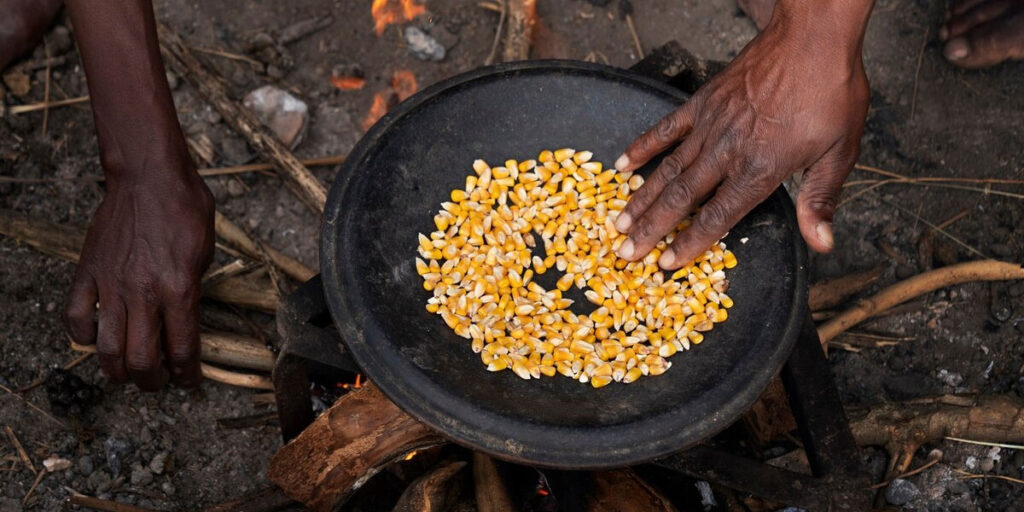Somalia is currently facing a severe food security crisis, exacerbated by a combination of factors that threaten the livelihoods and well-being of millions. Understanding these challenges is crucial for developing effective solutions. Here’s an overview of the situation:
Current Situation
- Drought and Climate Change: Prolonged drought conditions have significantly impacted agricultural production and livestock health. Climate change has intensified these weather patterns, leading to unpredictable rainfall and extreme temperatures, further straining food resources.
- Conflict and Instability: Ongoing conflicts have disrupted farming and trade, displacing communities and limiting access to markets. This instability hampers humanitarian efforts and affects the distribution of food and resources.
- Economic Challenges: High inflation rates and rising food prices make it increasingly difficult for families to afford basic necessities. Many households are forced to make tough choices between food and other essential needs.
- Health and Nutrition: Malnutrition rates are alarmingly high, especially among children and pregnant women. The lack of access to nutritious food has long-term consequences on health and development.
Impact on Communities
- Vulnerable Populations: The most affected include pastoralists, smallholder farmers, and internally displaced persons. These groups often lack the resources and support needed to cope with the crisis.
- Increased Hunger: According to recent reports, millions of people are facing acute food insecurity, with many at risk of famine if immediate action is not taken.
Solutions and Way Forward
- Strengthening Agricultural Resilience: Investing in sustainable agricultural practices and water management systems can help communities adapt to climate change and improve food production.
- Enhancing Humanitarian Aid: Expanding humanitarian assistance and ensuring access to food, clean water, and healthcare services is crucial for supporting affected populations.
- Promoting Peace and Stability: Addressing the root causes of conflict and fostering dialogue among communities can create a more stable environment conducive to recovery and development.
- Building Local Capacity: Empowering local organizations and communities through training and resources can enhance their ability to respond to food security challenges effectively.
- International Support: Collaborative efforts from the international community, including funding and expertise, are essential to address the immediate needs and implement long-term solutions.
Conclusion
The food security crisis in Somalia is a complex issue that requires urgent attention and collaborative action. By addressing the underlying causes and implementing sustainable solutions, we can help ensure that all Somalis have access to the food they need to thrive. Together, we can work towards a more food-secure future for Somalia. 🌍🤝
Let’s continue to raise awareness and advocate for the support needed to combat this crisis.


